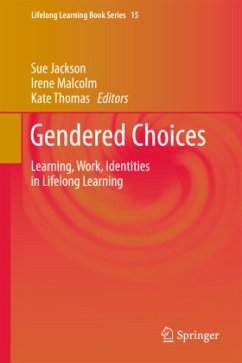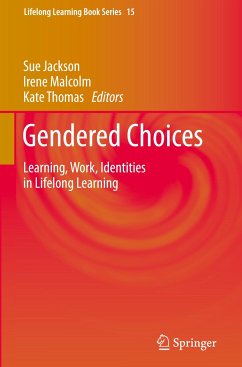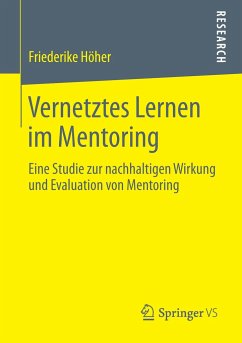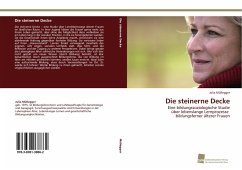
EFL Context: One World or Different Worlds?

PAYBACK Punkte
0 °P sammeln!
This book attempts to define English as a Foreign Language (EFL) and globalization based on the literature and highlighting its major facets. Discussing the spread of English and motives for this kind of spread, the book outlines some of the impacts the language has had on different societies, cultures and the kind of reactions this language has generated among different cultures. The spread of the English language can't be fully understood without the hegemonic nature of English. Yet, this book claims that, despite the hegemonic nature of English, it is still badly needed in the Arab world fo...
This book attempts to define English as a Foreign Language (EFL) and globalization based on the literature and highlighting its major facets. Discussing the spread of English and motives for this kind of spread, the book outlines some of the impacts the language has had on different societies, cultures and the kind of reactions this language has generated among different cultures. The spread of the English language can't be fully understood without the hegemonic nature of English. Yet, this book claims that, despite the hegemonic nature of English, it is still badly needed in the Arab world for the purpose of communicating with the world, education, acquiring technology and development at large. To teach English as such, it is necessary to change the traditional methods of instruction. It is important to solidify teaching of the native language, empower the learners to have more self-confidence through learning English, teach the language as a foreign, rather than second language, and make changes in the curriculum in response to the needs of the learners and society.













